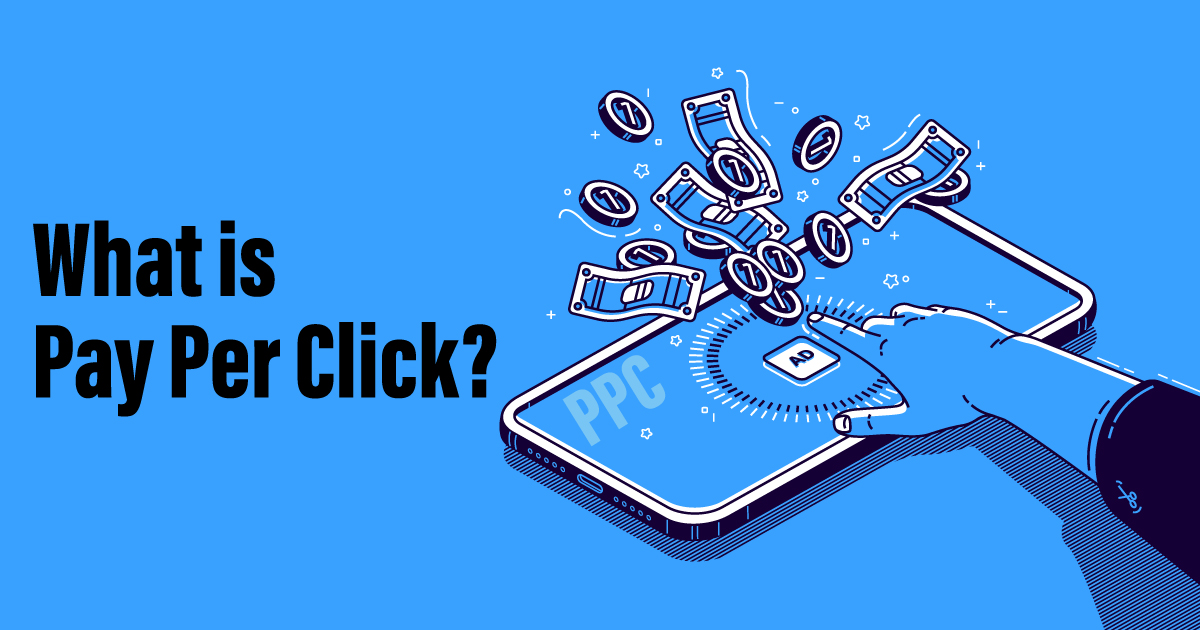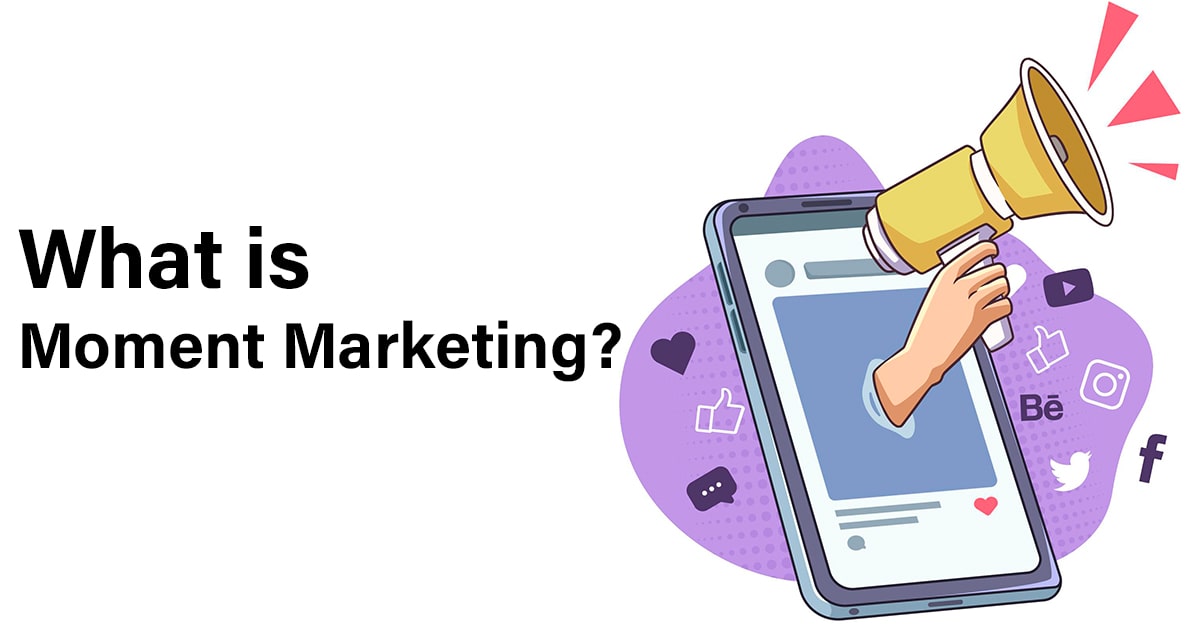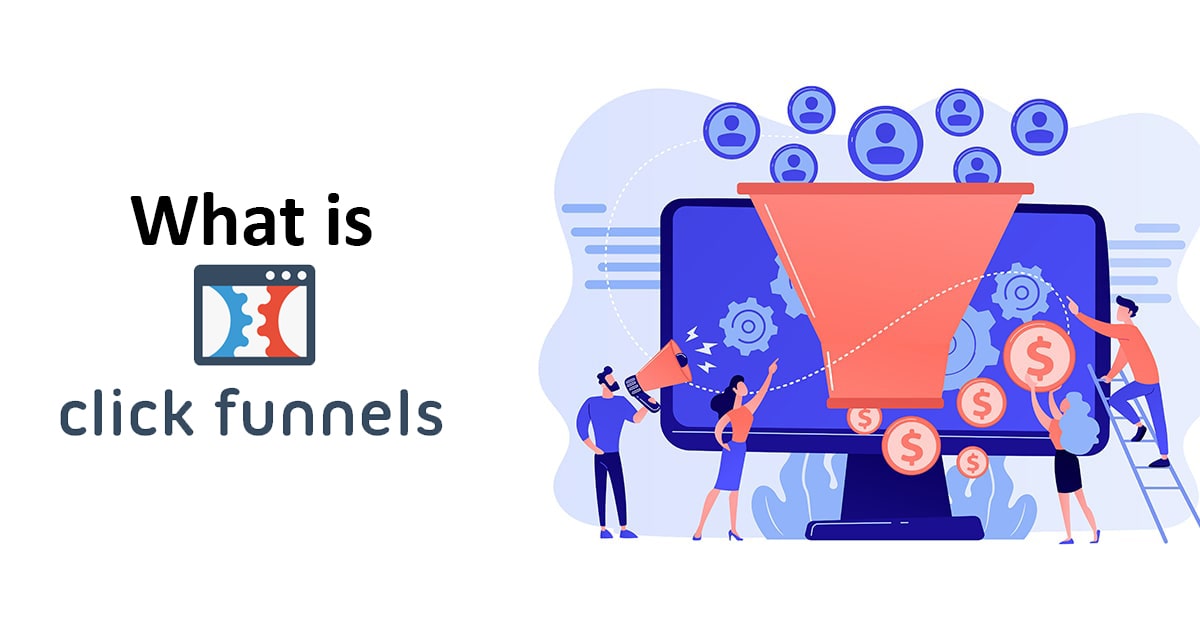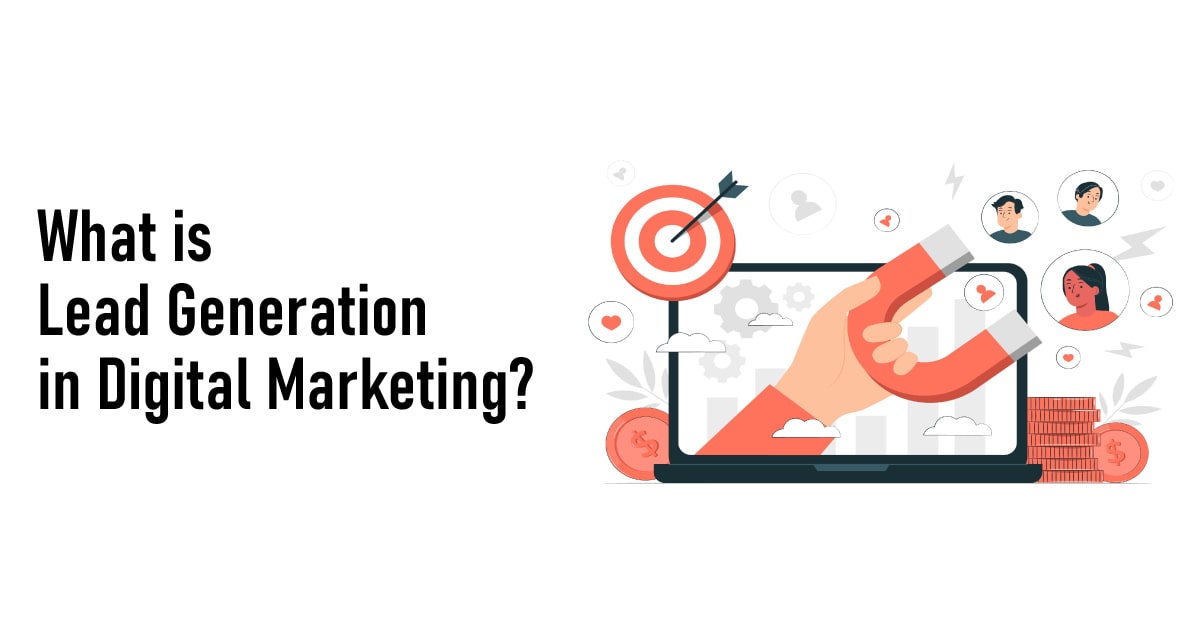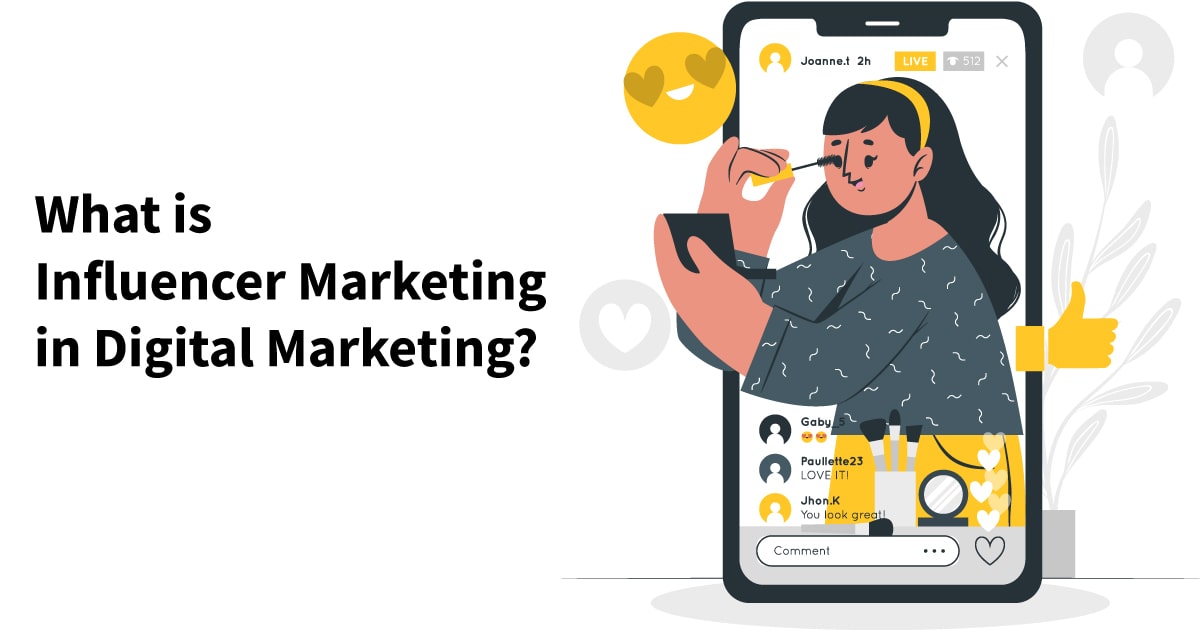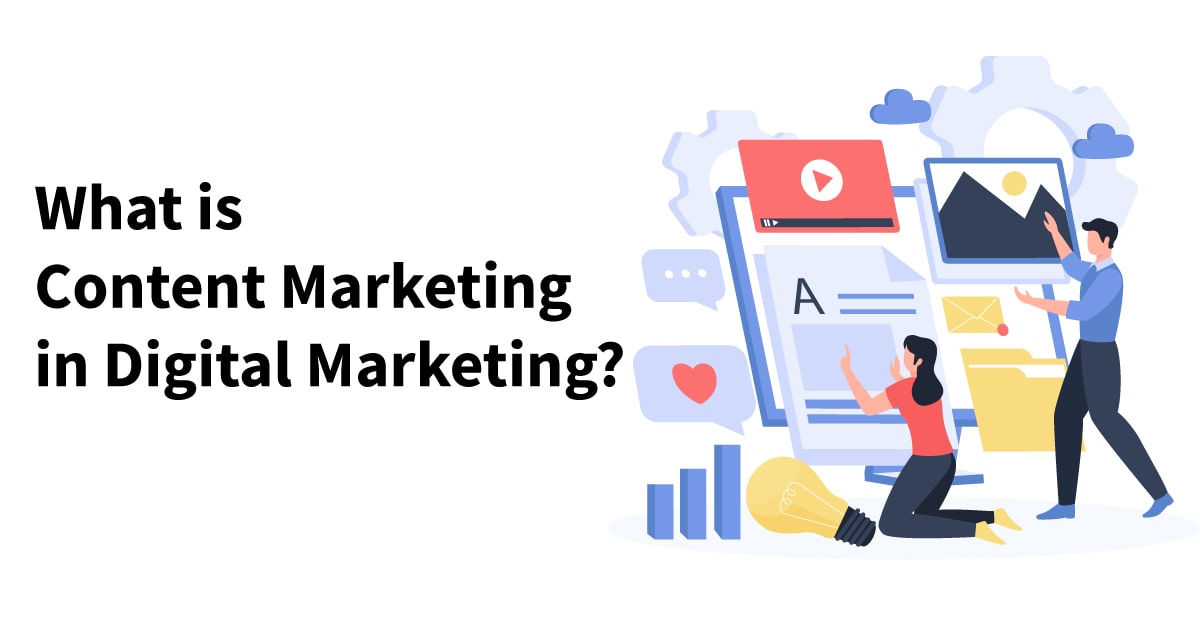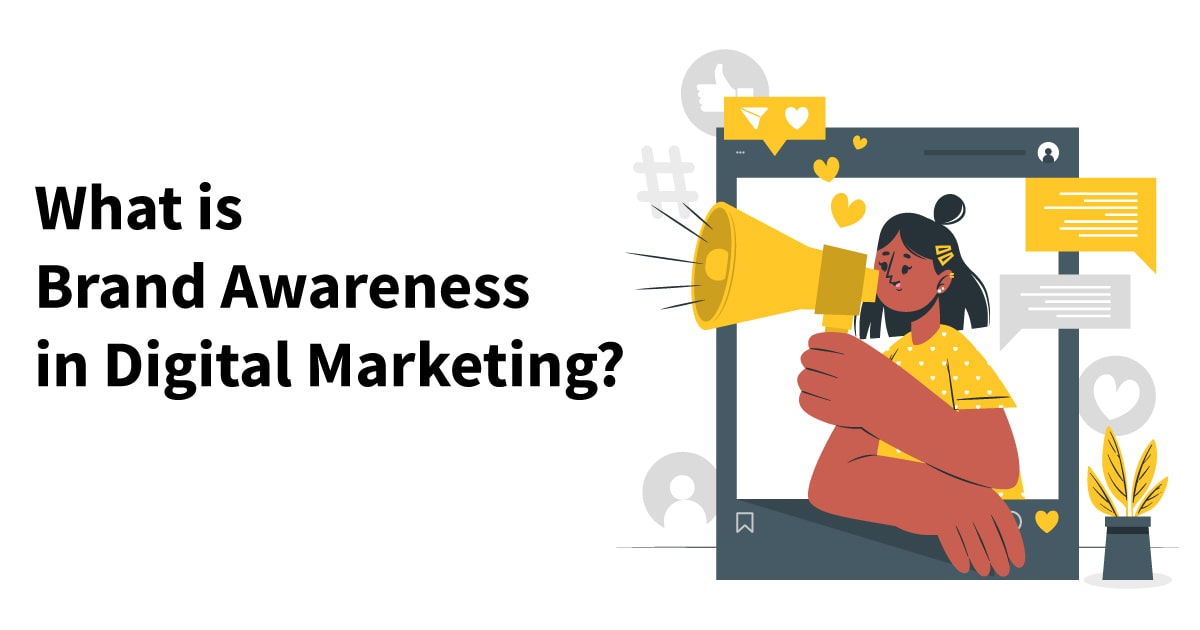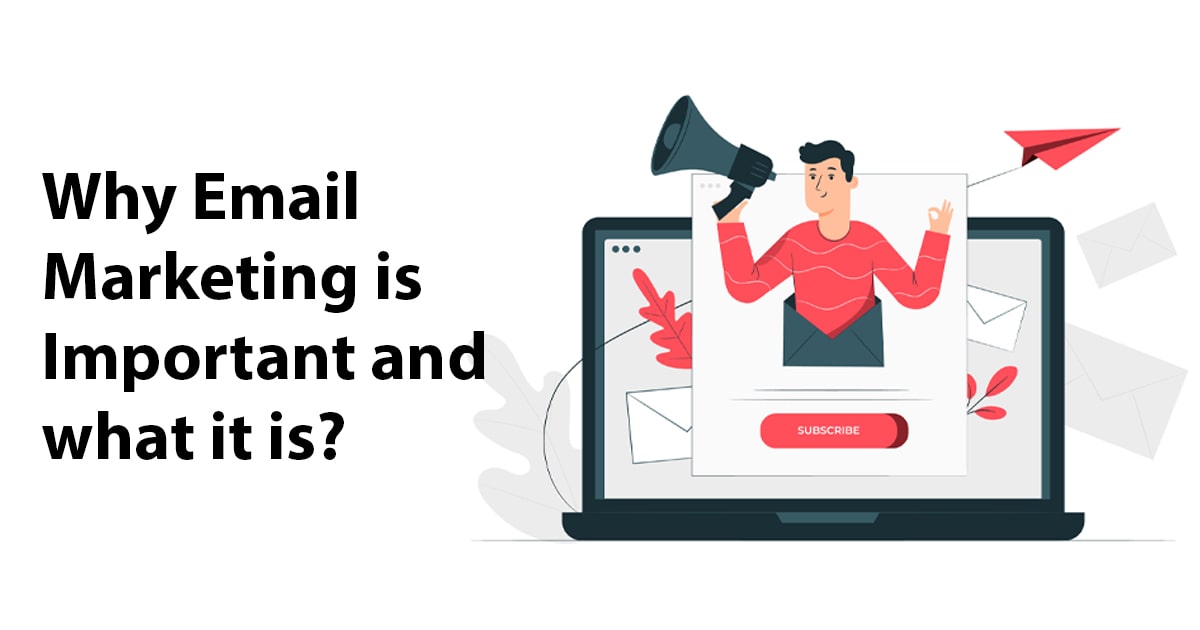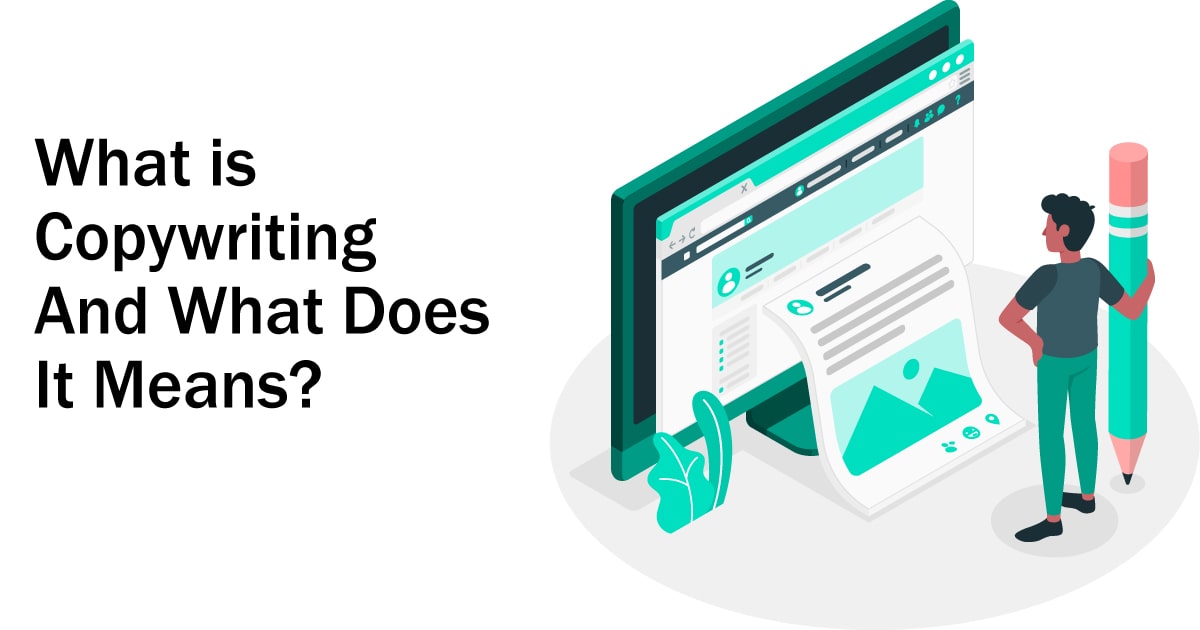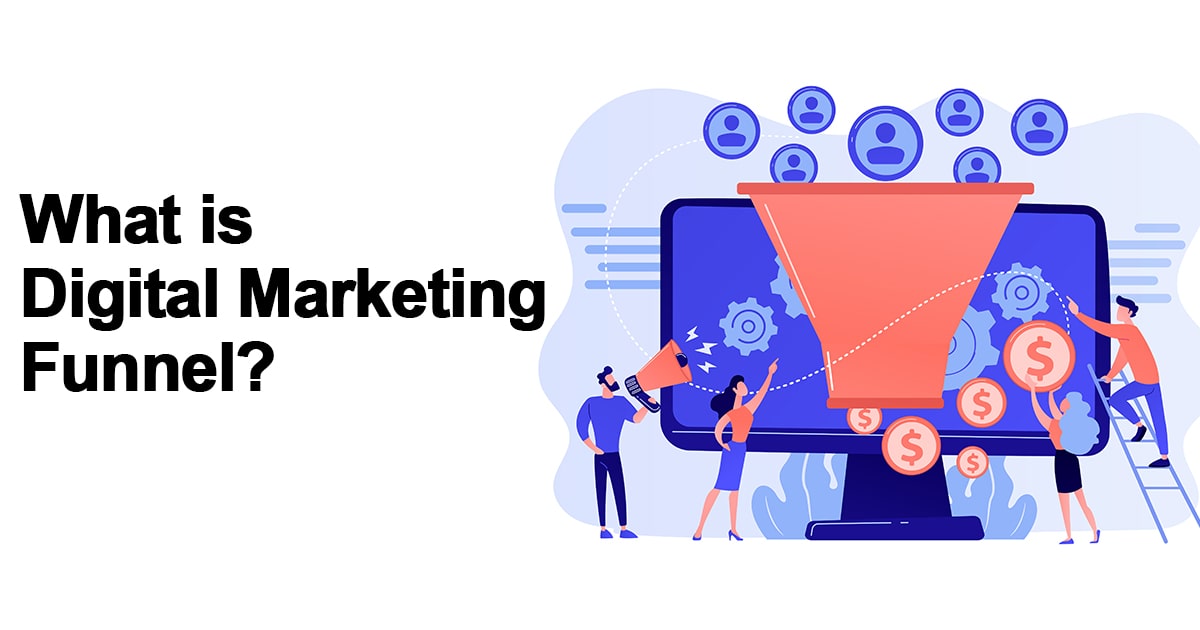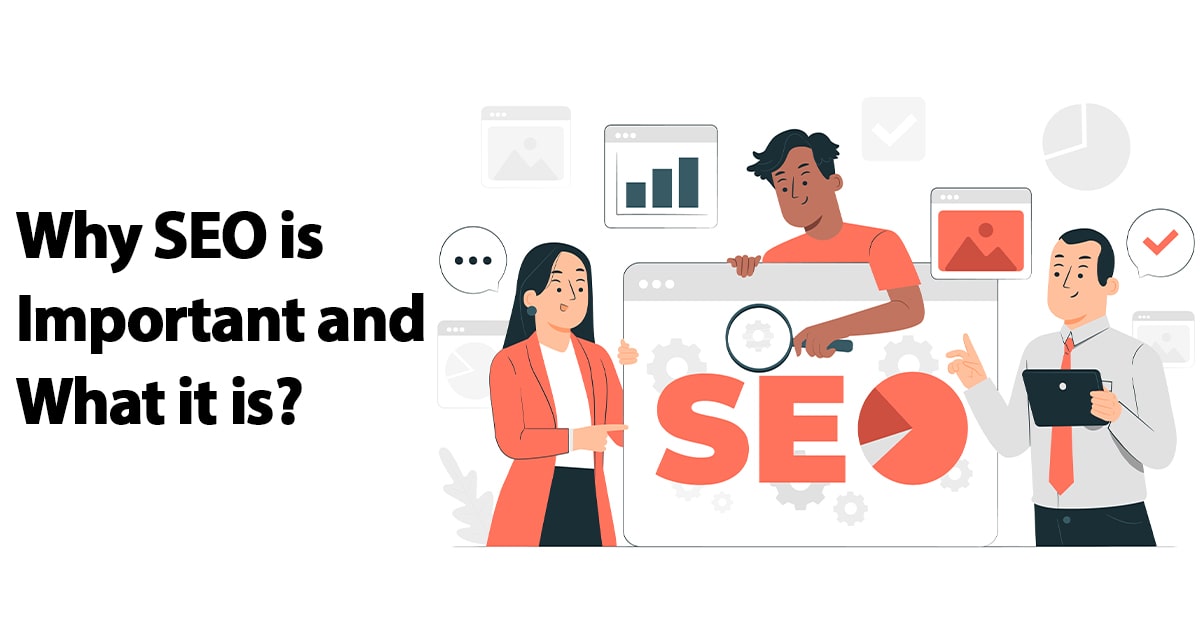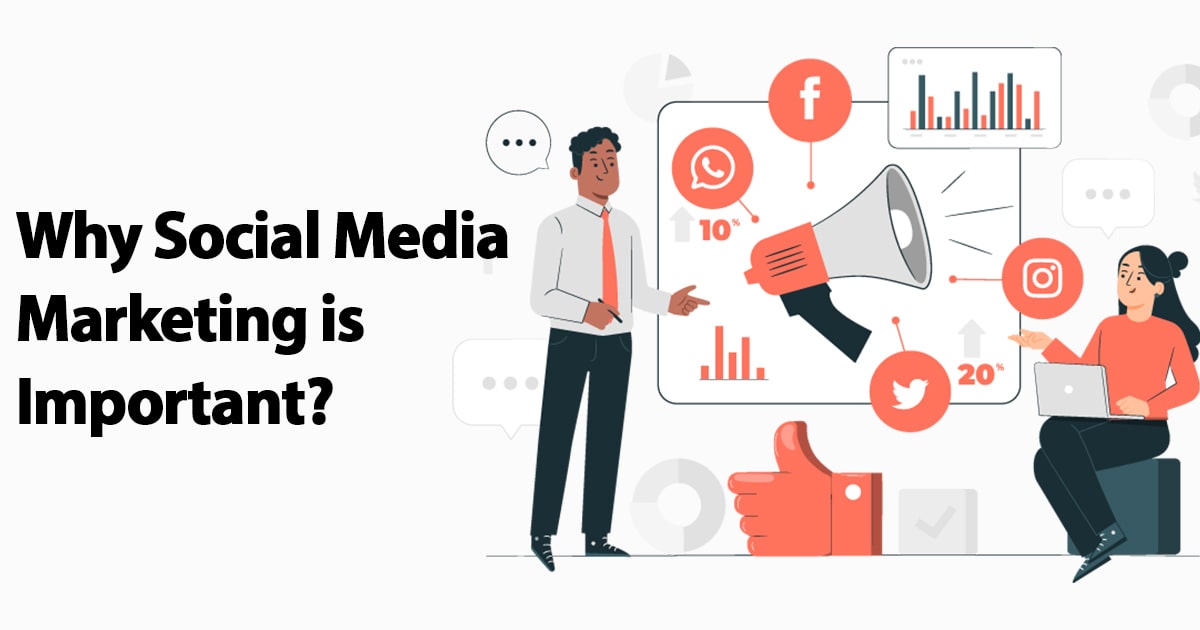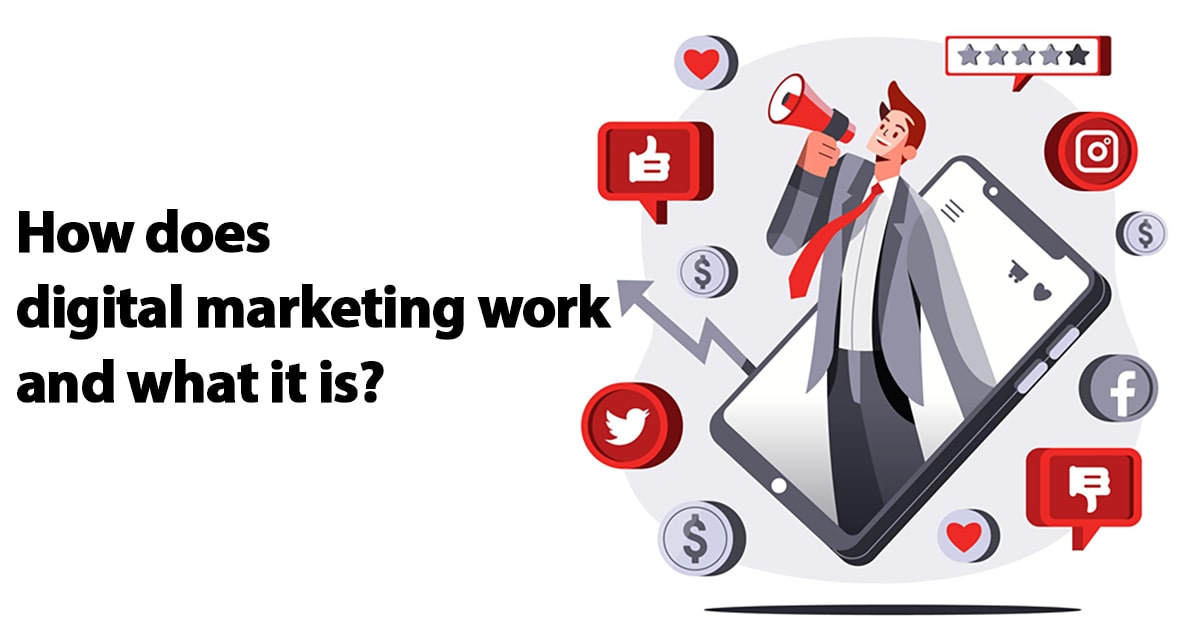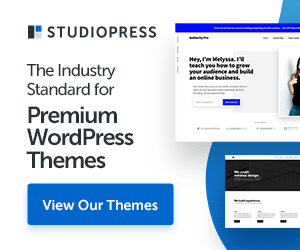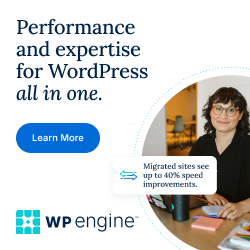Pay-per-click advertising is a model of advertising where businesses can pay to have their ads appear on search engine results pages. This allows them to target specific keywords and get their ad in front of users who are actively searching for that term.
Pay-per-click (PPC) is an digital advertising used to drive traffic to landing pages, in which an advertiser spend the money to publisher when the ad is clicked by users.
PPC is often used to refer to paid search marketing, such as Google AdWords. PPC can also be applied to display advertising and social media marketing. In most cases, PPC is used as part of an integrated digital marketing campaign, with other channels such as organic search, social media, email marketing, and display advertising all being utilized in order to maximize reach and ROI.
What are the benefits of pay per click?
Pay per click (PPC) is a form of online advertising where advertisers pay a fee each time one of their ads is clicked. The advantage of PPC advertising is that it allows you to target your audience with laser precision and only pay when your ad is actually clicked.
This means that you can control your budget very effectively and ensure that your ad spend is only going towards potential customers who are actually interested in what you have to offer. In addition, PPC ads tend to be more effective than other forms of online advertising such as banner ads, as they are more targeted and less intrusive.
Overall, using PPC marketing can be an excellent way to reach your target market, generate leads and sales, and control your marketing budget.
What are the disadvantages of pay per click?
There are a few disadvantages of pay per click advertising to be aware of before starting a campaign. First, it is important to know that pay per click campaigns can be expensive. If not managed properly, a business could quickly rack up a large bill with little to show for it in terms of results.
Additionally, pay per click campaigns require ongoing maintenance and management in order to be successful. Without regular attention, a campaign can quickly lose momentum and become ineffective. Finally, pay per click campaigns can be complex, making it difficult for someone without experience to set up and manage a campaign effectively.
How does pay per click work?
In order to understand how pay per click works, it is first important to understand what it is. Pay per click, also known as PPC, is an advertising model in which advertisers pay a fee each time one of their ads is clicked. If we want fast results, we can get them through PPC, whereas organic methods takes a lot of time.
This is because when someone uses a search engine, they are generally looking for something specific, and are therefore more likely to convert into a paying customer than someone who stumbles across an ad by chance.
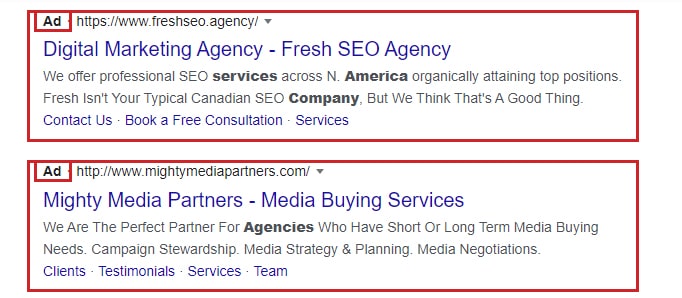
In a pay per click campaign, you bid on the keywords that you want your ad to appear for when someone searches for them. When someone searches for one of your keywords, your ad will appear in the Sponsored Results section at the top or side of the search engine results page (SERP). The amount that you bid on each keyword will determine your position in the Sponsored Results; the higher your bid, the higher your ad will appear.
If someone clicks on your ad, they will be taken to your website or landing page where you can then attempt to convert them into a paying customer. You only pay when someone actually clicks on your ad, hence the name “pay per click”.
How to set up a pay per click campaign?
If you're new to pays per click advertising, the process can seem daunting. But it doesn't have to be! In this article, we'll walk you through everything you need to know about setting up a pay per click campaign.
First, you'll need to choose the right keywords for your ad. To do this, think about what terms your potential customers would use to search for your product or service. Once you've chosen your keywords, you'll need to write an ad that includes them. Make sure your ad is clear and concise, and that it highlights the benefits of your product or service.
Next, you'll need to set up your campaign in Google Ads. You'll need to choose how much you're willing to spend on each click, and where your ad will appear on the search results page. Once your campaign is set up, all that's left is to monitor your results and make adjustments as needed!
What is Cost-Per-Click
In online advertising, cost-per-click (CPC) is a pricing model where the advertiser pays a publisher (usually a website owner or network of websites) each time an ad is clicked. CPC advertising is also sometimes referred to as pay per click (PPC).
The cost-per-click pricing model is generally used in two different ways:
- For Advertisers: CPC is a way to ensure that they are only paying for ads that result in clicks, and not for ads that are simply seen by users. This helps to avoid wasted spend on impressions that don’t lead to clicks.
- For Publishers: CPC is a way to generate revenue from their ad space. They are paid each time a user clicks on an ad, regardless of whether or not that click leads to a conversion or sale..
What is Click Through Rate - CTR?
CTR is the percentage of people who click on an ad or link out of the total number of people who view it. For example, if an ad is seen by 1,000 people and 100 people click on it, the CTR would be 10%.
CTR is a key metric for measuring the success of online advertising campaigns, as it is directly related to how much revenue is generated. The higher the CTR, the more successful the campaign.
PPC vs SEO Which is Best?
There are many factors to consider when choosing between pay-per-click (PPC) advertising and search engine optimization (SEO). Here are some things to keep in mind:
- Your Budget: PPC can be more expensive than SEO, so if you have a limited budget, SEO may be the better option.
- Your Goals: What are you hoping to achieve with your marketing campaign? If you want quick results that you can track, PPC may be the better choice. If you're looking for long-term results and brand building, SEO may be a better option.
- Your Competitior: If your competitior is using PPC ads, you may need to use PPC as well to stay competitive. If your competitior is ranking well in organic search results, then focusing on SEO may help you overtake them.
- Your Keywords: Keywords are important for both PPC and SEO. Make sure you choose keywords that are relevant to your business and that people are actually searching for.
At the end of the day, there is no one "best" option between PPC and SEO. It totally depends on your individual business goals and needs.


